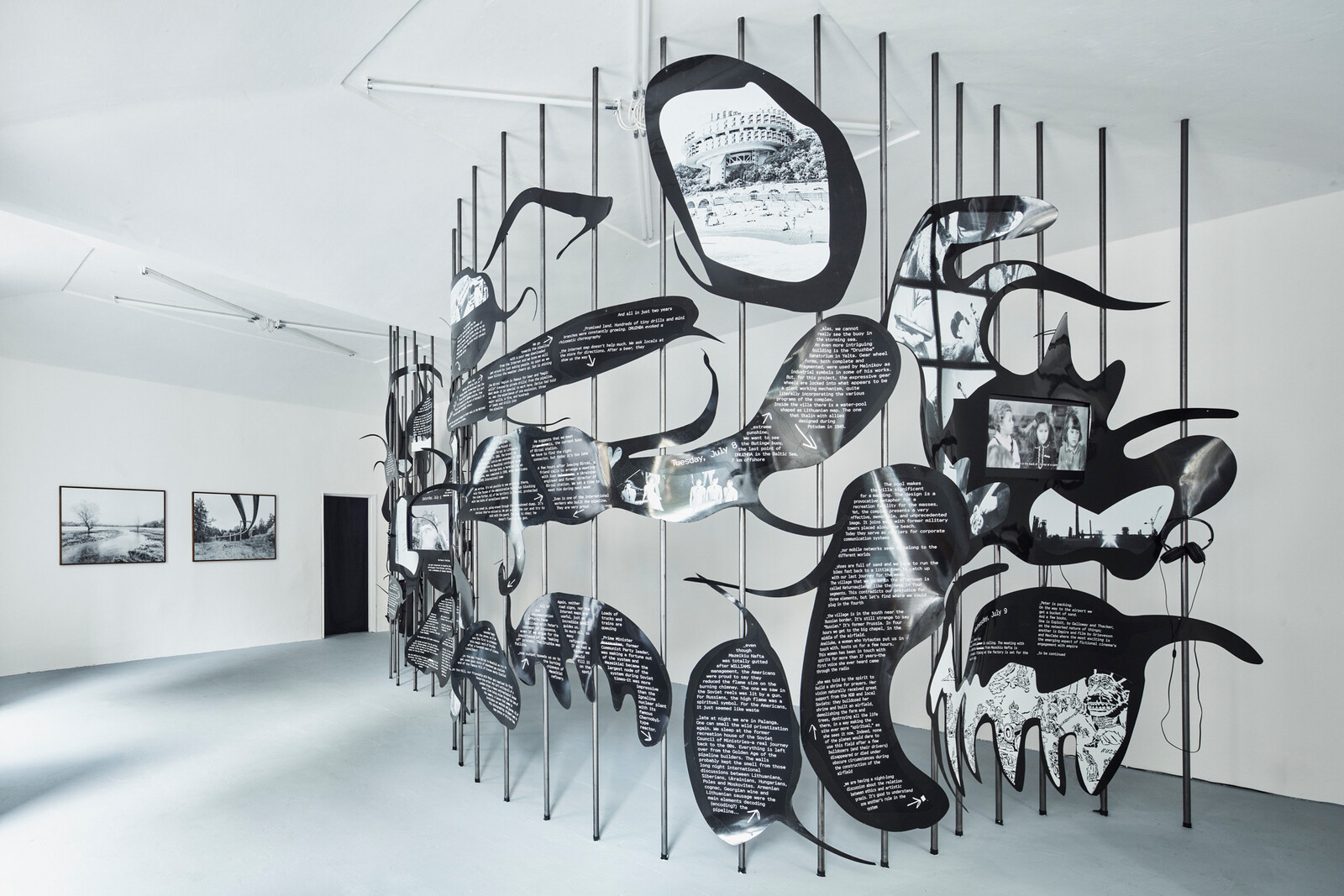Resilient infrastructure and cultural institutions in times of crisis
ul. Foksal 4, 00-366 Warsaw
ul. Foksal 4
00-366 Warsaw
Poland
Hours: Monday–Friday 8:30am–4:30pm
T +48 22 522 65 30
sekretariat@niaiu.pl
Public spaces and infrastructure networks are created to meet daily transport needs. These places—from transfer hubs to border crossings and logistics centres—are often utilitarian but can rise to valuable architecture. The migration crisis triggered by Russia’s aggression against Ukraine showed how these spaces can adapt to large-scale crises, handling massive flows of people and goods. To meet such challenges, they must be properly designed, built, and maintained.
The international project “Networks of Support” explored how social processes shape transport, logistics, and energy infrastructure in Poland, Ukraine, the Czech Republic, and Germany. Key questions included: How do we prepare public spaces for crises like wartime migrations, floods, or pandemics? How can regional experiences build more resilient cities? The project also examined cultural institutions—museums, galleries, and cultural centres—that adapted to crises by becoming day care centres, shelters, language schools, and meeting points. Many of these functions became permanent, making institutions more inclusive. Cross-border cultural exchange also thrived, driven by the need for cooperation and support.
Organizations and institutions engaged in the project:
VI PER Gallery in Prague organized the exhibition “Critical Infrastructures,” focusing on transport and infrastructure as tools for power. Critical networks such as railroads, highways, and pipelines play vital roles in political shifts, as shown by the war in Ukraine. The exhibition examined the fragility of these systems and their impact on landscapes, architecture, and memory. A central theme was the Friendship (Druzhba) pipeline, opened in 1964, connecting Russia to Ukraine, Poland, and other countries. Artists like Nomeda and Gediminas Urbonas explored its geopolitical significance, while Tytus Szabelski-Różniak’s work combined pipeline photographs with soundscapes. Jiří Žák and Rado Ištok investigated Czechoslovakia’s role in foreign oil infrastructure. The exhibition, held from June 12 to August 3, 2024, is documented on the VI PER Gallery website.
VITSCHE, a Berlin-based NGO of Ukrainian artists and activists, contributed with “A Journey from Dangerous to (Un)Safe.” This initiative, featuring artists of Ukrainian, Polish, German, and Taiwanese backgrounds, explored Berlin’s public spaces and critical infrastructure through workshops. Their audio project, “The Bus That Never Arrives,” is an immersive journey blending music, personal stories, and history along Berlin’s Bus 100 route. Launched on October 28, 2024, aboard the bus, the project is available online.
The Center for Urban History of East Central Europe in Lviv addressed oral history’s role during wartime as a crucial but invisible social infrastructure. The 2022 Russian invasion disrupted urban life, targeting essential systems like gas, power, and transport. Researcher Kateryna Filonova highlighted the human efforts maintaining access to resources. These findings were included in the “Networks of Support” issue of Autoportret quarterly.
Published by the Małopolski Instytut Kultury, Autoportret examines architecture’s intersections with power, space, and society. Its 85th issue, released in Polish and English, is available in print and online.
The “Networks of Support” project highlights the importance of resilient infrastructure and cultural institutions in responding to crises. By learning from shared experiences, participating countries have taken steps toward creating spaces better equipped for future challenges.









